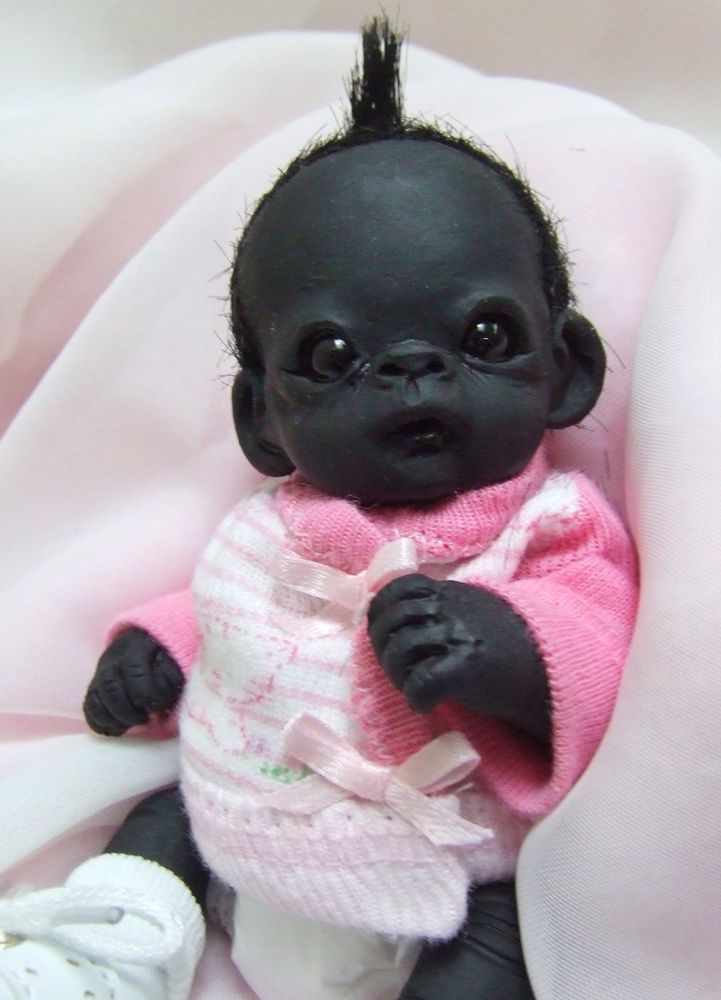Scientists and people in general would be very interested in the story of the world’s smallest “black” baby, just the way you told it. When a baby is born with unusual traits, especially if they are very small, it can make people wonder about genetics, growth during pregnancy, and possible health effects.

Genetics, the mother’s health during pregnancy, and external factors may be especially interesting to scientists as they try to figure out why the baby was so small. Understanding the underlying mechanisms behind these strange events can teach us a lot about how humans grow and live.

The fact that the baby was called “black” may also lead to conversations about racial and ethnic diversity in healthcare and scientific study. Genetics, the environment, and social determinants of health all affect people’s traits and experiences, so it’s important to think about how they affect each other.

The discovery of the world’s tiniest “black” baby shows how complicated and varied human biology is. It also shows how important it is to keep doing study to better understand and meet the health needs of all people, no matter their size, race, or background.
Please let me know if there are any specific parts of this story you’d like to learn more about.
